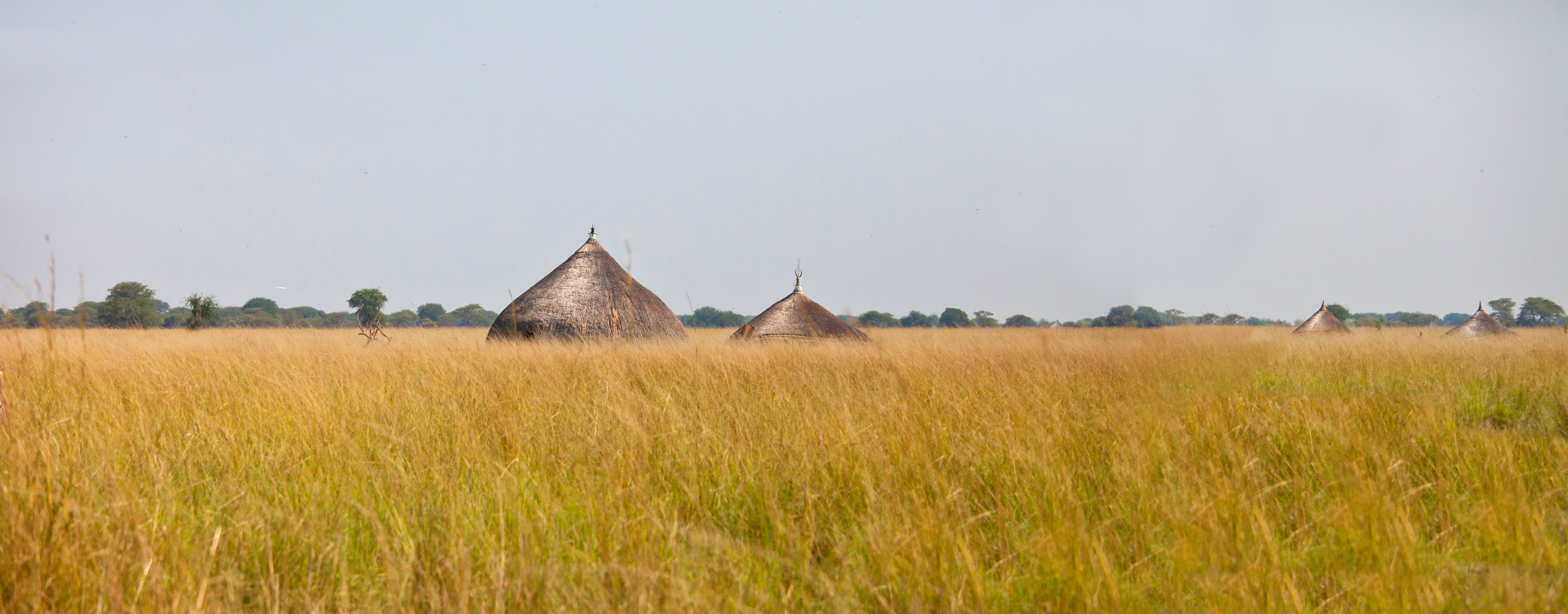
South Sudan is a country with diverse natural forests, woodlands, and savannahs, covering approximately 30 percent of the total land mass. The country also harbors many significant wildlife populations and biodiversity hotspots, such as the Imatong mountains. However, prolonged conflict and deforestation have contributed to the degradation of its natural assets. Additionally, increased commercial poaching, resource extraction by major industries, and climate change all threaten the country's biodiversity.
PROGREEN is working with South Sudan to strengthen its knowledge base on forestry and wildlife to inform policy actions and investment operations. The country knowledge program will focus on updating remote baseline tree cover maps and charting trends to produce a natural forest status assessment. The studies will be used to create a community forest management plan along with a plantation sector revitalization plan. A second component of the activity will compile a report on South Sudan's protected areas and wildlife through a mix of desk and field-based work.
In FY24, the project team prepared and delivered two deep-dive reports. The first presented a comprehensive assessment of plantations and natural forests, outlining recommendations for sustainable forestry management and intervention pathways for the Ministry of Environment and Forestry (MEF). The second report presented a census of South Sudan's wildlife numbers through a mapping exercise, underscoring the country's position as a wildlife corridor and its potential for wildlife-based tourism. Additionally, workshops and engagement with key stakeholders helped solidify consensus on crucial findings and policy directions for developing community-based management models. Both knowledge products have helped inform discussions around updating the Forestry and Wildlife Conservation & Protected Areas Bills and the development of supporting implementing legislation and regulations.